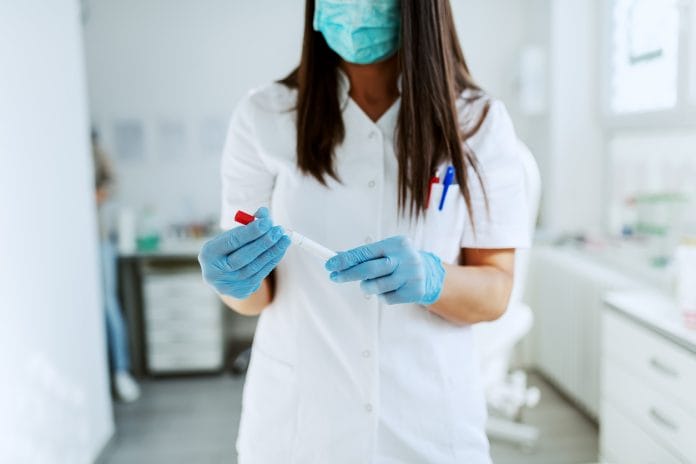
JOHNS Hopkins University researchers developed the first digital CRISPR-Cas‐assisted assay called digitization‐enhanced CRISPR/Cas‐assisted one‐pot virus detection (deCOViD) which is designed for SARS‐CoV‐2, the virus causing COVID-19.
With the COVID-19 pandemic, there has been an unprecedented demand for rapid diagnostics. CRISPR-Cas-assisted nucleic acid detection assays have been found to be helpful because of their well-designed detection mechanism, fast assay time, and low reaction temperature. To further improve the technique, powerful, digital-based detection has been integrated.
According to the researchers, deCOViD is realized through tuning and discretizing a one‐step, fluorescence‐based, CRISPR-Cas12a‐assisted reverse transcription recombinase polymerase amplification assay into sub‐nanoliter reaction wells within commercially available microfluidic digital chips. With the uniformly elevated digital concentrations, deCOViD could complete qualitative detection in less than 15 minutes and quantitative detection in 30 minutes, which makes it one of the fastest and most sensitive CRISPR-Cas‐assisted SARS‐CoV‐2 detection to date.















